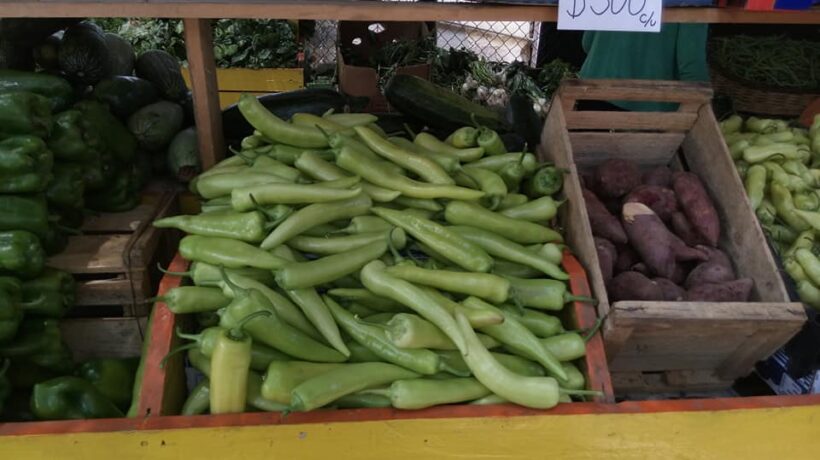The effects of global warming and the El Niño and La Niña phenomena have been affecting Bolivia for years, which is why it is worth thinking about changing the agricultural cycle, Bolivian President Luis Arce stressed today.
At a public ceremony to hand over a rural electrification project in the town of Mizque, in the central department of Cochabamba, Arce argued that, along with this initiative, he considered it essential to intensify the construction of dams in several Bolivian regions as an urgent alternative to the irregular rainfall periods recorded in the last decade.
“The world has changed (…), we have to think about changing the agricultural cycle, because the rains are no longer the same as before, the rhythm and precision with which they used to come, let’s remember, they came a little at a time, now it rains heavily and a lot of water, but after that there is no water for a long time, so there is only the construction of dams,” said the head of state.
Since mid-2023, the indiscriminate burning of forests to expand plantations has been unleashed in Bolivia, and in December the rainy season began, which is causing flooding in many villages.
According to the president, the drought that hit the country last year cannot be allowed to happen again, and this requires the construction of dams.
On the other hand, Arce announced that 2024 and 2025 will be harvest years for the major industrialization projects that began in the first three years of his government, to consolidate the policy of industrialization with import substitution.
“Today is harvest time for the works, we have sown during 2021, 2022, and 2023, (and in) 2024 and 2025 we will be inaugurating these great works of industrialization, these great works that are going to change the lives of Bolivians,” he said.






